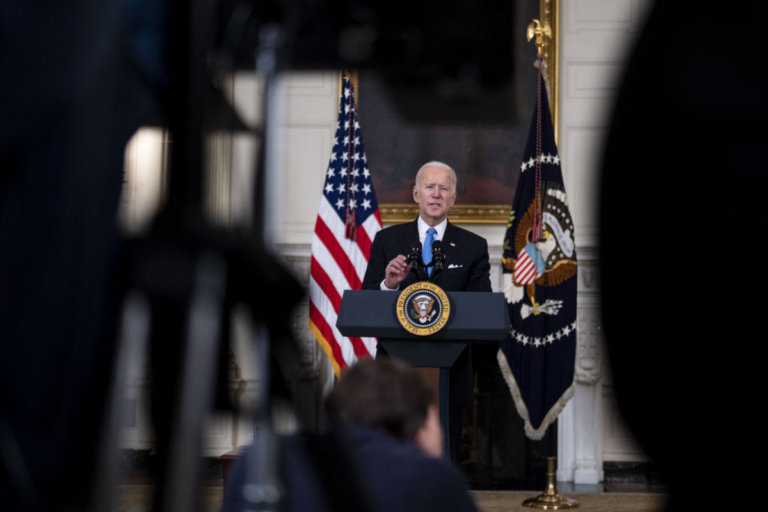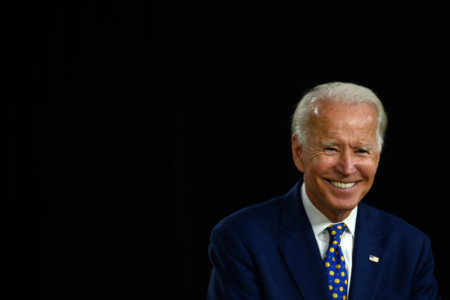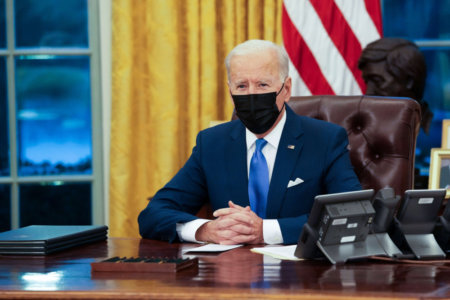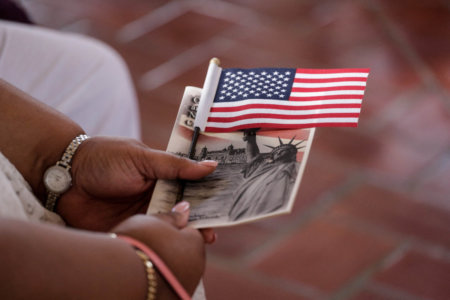
A new survey has shown increased interest to study in the US since President Joe Biden took over in November 2020, signalling a perspective shift from the Trump administration. Conducted by IDP Connect, the survey gathered the opinions of 800 prospective international students. Of this, 76% found Biden’s election to improve their perception of the US, while 67% indicated they are now more likely to want to study in the US.
“Since the election in November 2020, we’ve seen higher search activity for the US, with the US now overtaking the UK in regard to international student search volumes,” explained Simon Emmett, CEO of IDP Connect. One student from India considering US unis says in the report, “I really hope that the result of the election helps students like me to move to America and pursue our dreams.”
These sentiments are reflected by the study findings — for example, a further 64% of respondents were attracted to the US for the quality of its teaching compared to their home country. It helps that 59% find the US to be modern, progressive, and dynamic. “While the new administration has a more welcoming stance towards international students than the predecessor, it will be interesting to see if student perceptions of the US as a study destination continue to improve over the long-term,” Emmett elaborated.

Biden’s plan to boost international higher education includes increasing opportunities for future scientists. Source: Loic Venance/AFP
Increased interest to study in the US
A previous survey found that although international enrolments in the US fell by 9.6% in 2020 due to COVID-19, the US still hosted over a million international students for the fifth consecutive year in 2020-21. This dip was brought about by strict policy guidelines around travel and visas; full or partial campus closures making research labs and libraries inaccessible, and future hiring and budgetary constraints.
Besides challenges brought about by the pandemic, however, the IDP Connect survey shows that young people who want to study in the US also factor in global political climate and discussions. In fact, 47% of respondents reported moderate or high levels of political awareness when it comes to the US. Of this number, 86% agreed that their views on the US shifted positively following the 2020 election.
According to The Conversation, President Biden is expected to loosen restrictive immigration policies, eliminate discriminatory bans, and boost options for international talents in the US — especially scientists. He also pledged to support migrant students’ access to higher education, following the reinstating of the Deferred Action for Childhood Arrivals (DACA) programme in the US. These will create a more welcoming environment for foreign nationals who want to study in the US.
Given the impact of US politics on the rest of the world, 69% of prospective students expect this change to positively affect their home country, too. Students from Africa show a proclivity towards the US and Canada, while most from the Middle East and Southeast Asia consider the US and the UK. “US universities, colleges and education institutions should be looking at their recruitment strategies and practices to ensure they capture this momentum and support students in their decision-making process,” Emmett added.
Education is the fourth highest export of the US, with international students contributing US$41 billion to the US economy in 2018-19.










